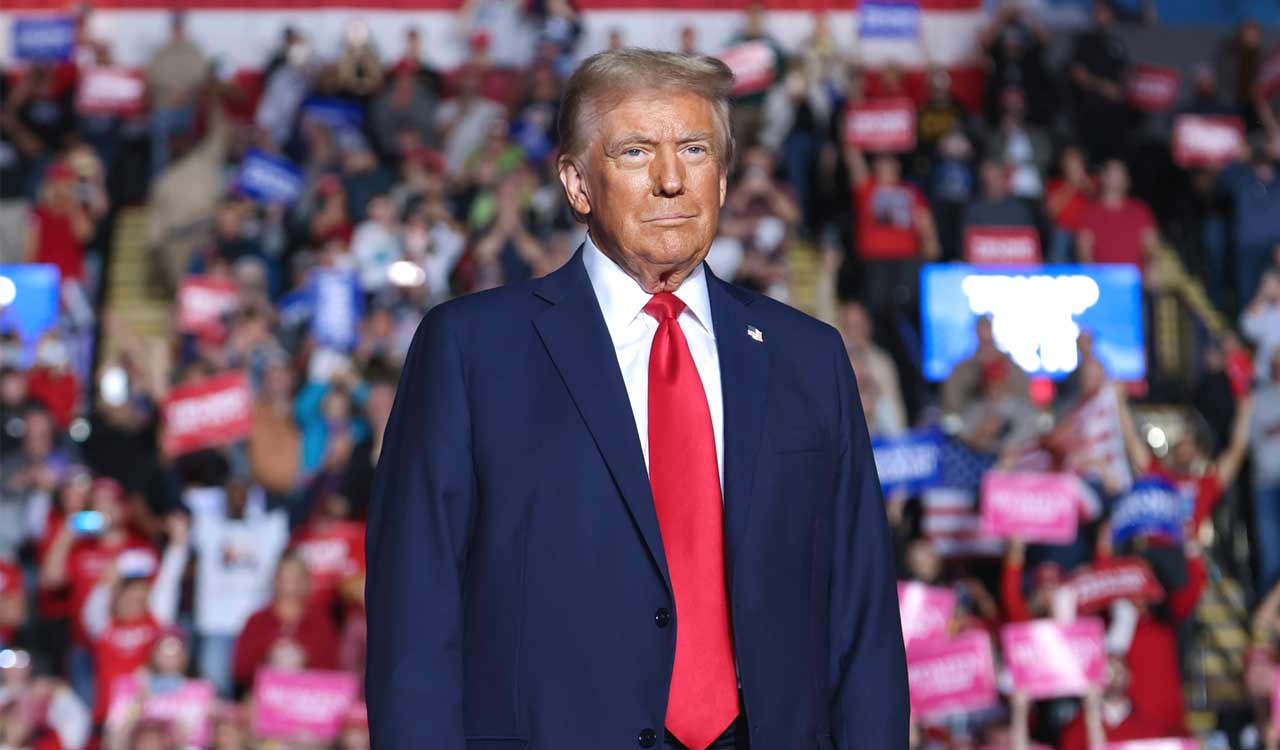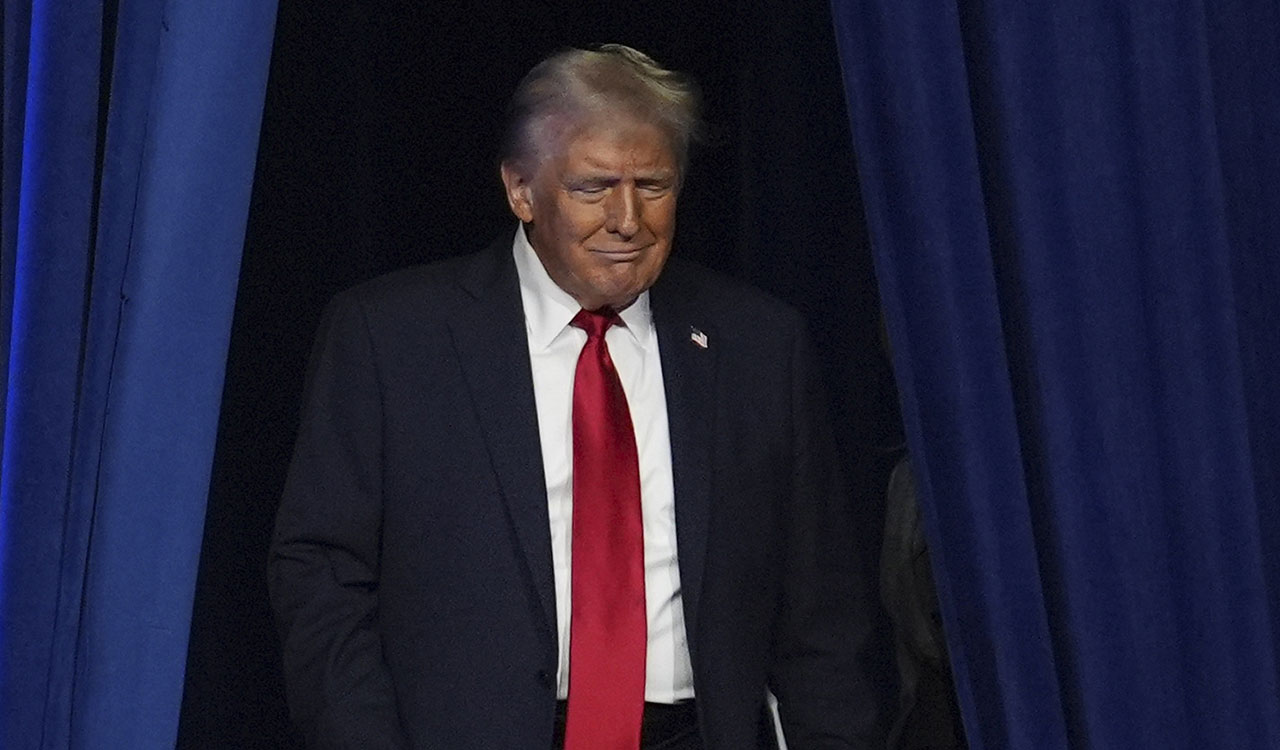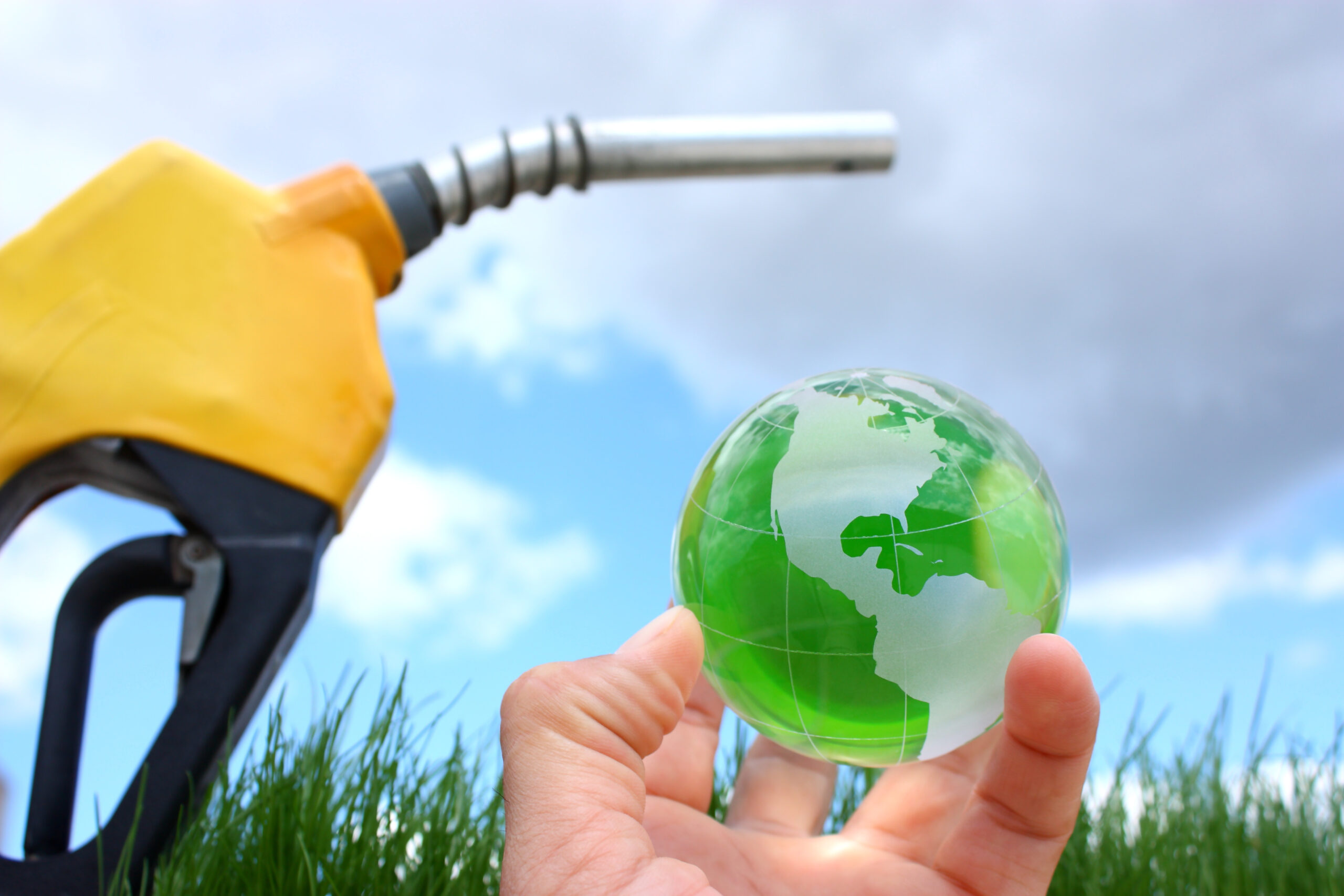Editorial: Too little, too late
The Baku deal highlights the perennial problem — vague and unaccountable promises of funds to fight climate crisis

Held under the shadow of Donald Trump’s return as the United States President, the global climate summit — Conference of Parties (COP29) — has nothing much to cheer about. In fact, the two-week-long deliberations at Azerbaijan’s capital Baku ended on a chaotic note with the developing countries voicing anger and disappointment over the inadequate response of the wealthy nations to the pressing issue of climate finance. The developed countries’ offer of $300 billion in annual climate aid for developing countries by 2035 was too little and too late. India, which emerged as the voice of the Global South, rejected the last-minute deal and rightly described it as an ‘optical illusion’. This is a severe blow to the United Nation’s key climate event. Never in the past did India or any group of developing countries oppose the adoption of the final document. The deal, which was thrust upon the nations, will not help address the enormous climate challenge the world is facing. It is ironic that the poorer nations, which have done the least to cause climate change, are made to suffer the most from its consequences. One wonders how many broken promises the Global South must endure before the West takes real responsibility for tackling the climate crisis. It is a legitimate demand that the rich nations must deliver at least $1.3 trillion in no-strings-attached grants to help them deal with climate impacts. The Baku deal highlights the perennial imbalance in global climate diplomacy — where lofty figures are announced but often fail to translate into real, meaningful action for those who need the most.
While the $300 billion offer marks a considerable increase from the previous $100 billion pledge, the deal has come under sharp criticism not only by the developing nations but also by climate experts who dubbed it as woefully insufficient to address the scale of the climate crisis. This year’s summit, hosted by the oil and gas-rich former Soviet republic, was held against the backdrop of a looming political shift in America as a climate-sceptic Trump administration takes office in January. Faced with this uncertainty, many countries deemed the failure to secure a new financial agreement in Baku an unacceptable risk. While a broader target of $1.3 trillion annually by 2035 was proposed, only $300 billion was designated for grants and low-interest loans from developed nations to aid the developing world in transitioning to low-carbon economies and preparing for climate change effects. Under the deal, the majority of the funding is expected to come from private investment and alternative sources, such as proposed levies on fossil fuels which remain under discussion. With no real money on the table, and vague and unaccountable promises of funds to be mobilised, the rich nations are only trying to shirk their climate finance obligations. The poor countries deserve clear, grant-based climate finance.
Related News
-
US Universities urge international students to return before Trump’s 2025 inauguration amid travel ban fears
-
President-elect Trump transfers close to $4 billion worth Trump Media shares to trust
-
UP: Two fraudsters held for duping jobseeker, 22 fake passports recovered
-
Developed countries prioritise fossil fuels over climate aid
-
Cartoon Today on December 25, 2024
4 hours ago -
Sandhya Theatre stampede case: Allu Arjun questioned for 3 hours by Chikkadpallly police
4 hours ago -
Telangana: TRSMA pitches for 15% school fee hike and Right to Fee Collection Act
5 hours ago -
Former Home Secretary Ajay Kumar Bhalla appointed Manipur Governor, Kerala Governor shifted to Bihar
5 hours ago -
Hyderabad: Organs of 74-year-old man donated as part of Jeevandan
5 hours ago -
Opinion: The China factor in India-Nepal relations
5 hours ago -
Editorial: Modi’s Kuwait outreach
5 hours ago -
Telangana HC suspends orders against KCR and Harish Rao
6 hours ago




